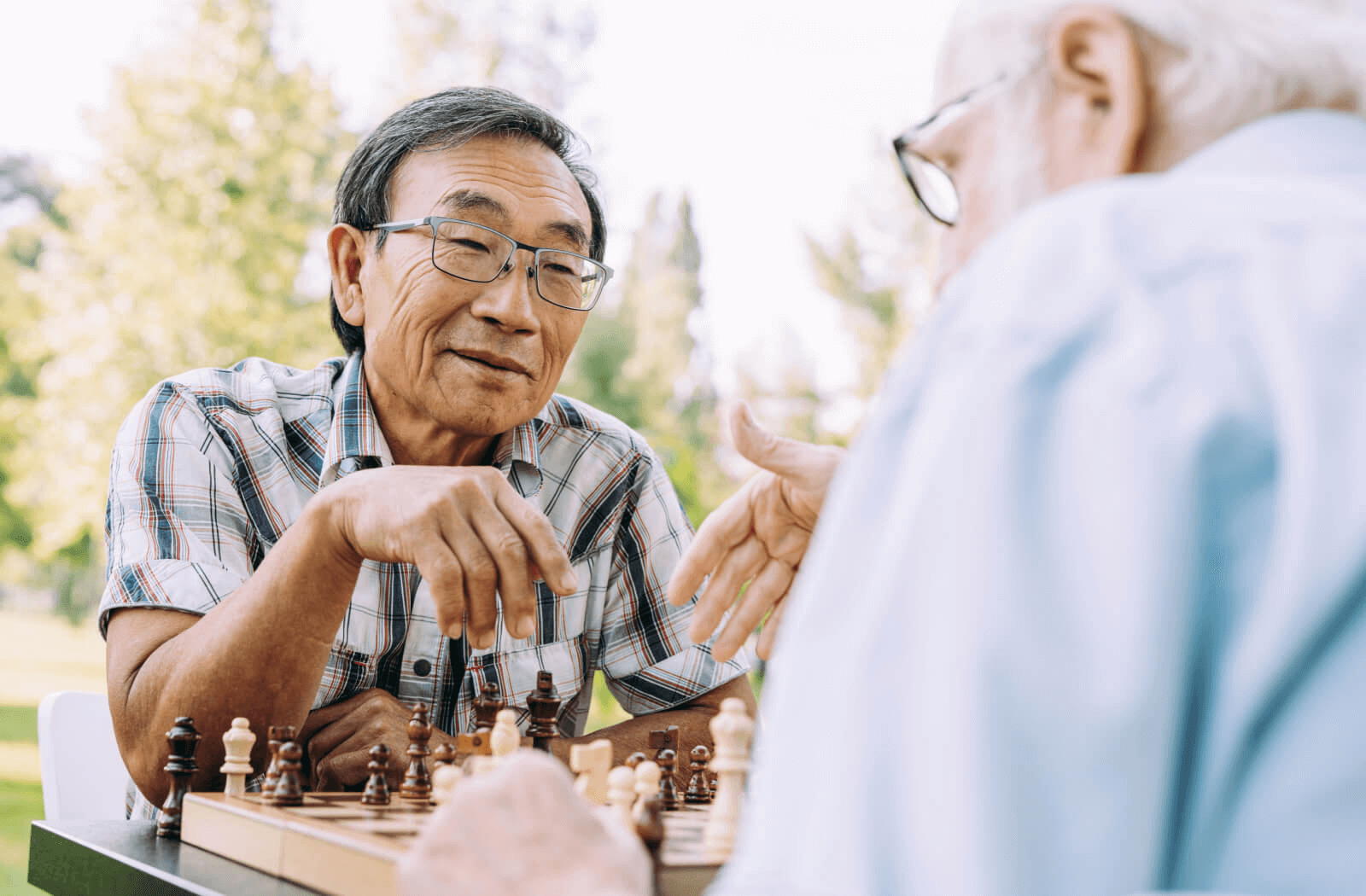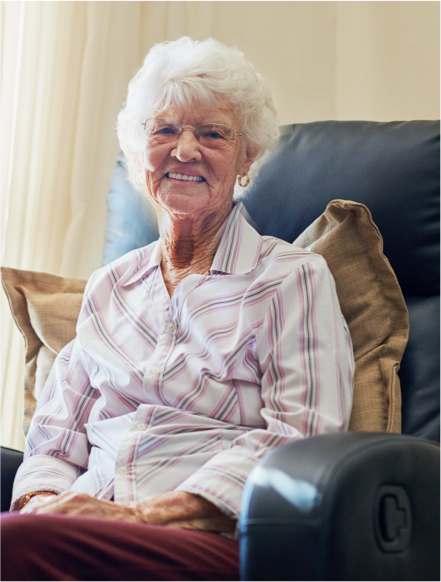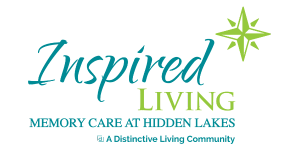Key Takeaways
- Memory games help train essential cognitive abilities, including concentration, problem-solving, and creative thinking, and encourage fun and socializing.
- Seniors can enjoy the benefits of classic games like jigsaw puzzles, crosswords, and card games, or learn new skills with digital games, from brain training phone apps to computer games.
- The key to supporting cognitive health and memory is a well-rounded approach that can include skill-testing memory games, daily physical fitness, and fostering social connections.
Keeping the mind active is a wonderful way to support cognitive wellness. Engaging in fun and mentally stimulating activities can be an enjoyable part of a daily routine. For those exploring senior living options, understanding the types of activities that support brain health is helpful.
These games can be a positive addition to life at home or in a community setting, reflecting the supportive, compassionate focus of a well-rounded lifestyle. Memory-improving games offer a fun and accessible way to support brain health for you or your loved one.
The Connection Between Brain Games and Cognitive Wellness
Activities that challenge the brain can help keep it sharp. Much like physical activity supports the body, mental exercises support cognitive functions.
“Exercising” your brain is an important aspect of a comprehensive approach to wellness, often found in memory care and other respite care programs. The main benefits include:
- Encouraging attention and focus
- Many games require concentration to play, which helps exercise the parts of the brain related to focus
- Developing problem-solving skills
- Puzzles and strategy games present challenges that invite creative thinking and reasoning
- Creating social opportunities
- Playing games with others encourages connection and interact, adding a social element to mental stimulation
Classic and Traditional Games for Mental Stimulation
Many familiar games are excellent for engaging the mind. These activities are often readily available and can be enjoyed alone or with family and friends. They are a staple in many senior living communities.
Jigsaw Puzzles
Working on a jigsaw puzzle involves shape recognition and problem-solving. It’s a satisfying process to see an image come together piece by piece. You can choose from various levels of complexity, making it adaptable for all skill levels and cognitive abilities.
Crossword and Number Puzzles
Word games like crosswords and number puzzles like Sudoku are popular for a reason. They challenge your memory and logic skills in a fun and structured way. And finishing one provides a genuine sense of accomplishment.
Strategy Board and Card Games
Games like checkers, chess, or even simple card-matching games require you to think ahead and remember rules. They also offer a great mix of strategy and social fun. These games bring people together for friendly competition, offering a meaningful way to promote well-being in older adults.
Digital Games and Modern Options
Technology offers many new ways to engage in brain-training activities. Many apps and websites design a wide variety of user-friendly challenges for various skill levels.
Computerized Brain Training Programs
There are many online games and apps specifically created to exercise different cognitive functions. They can help with everything from working memory to processing speed. These programs often track progress, which can be very motivating.
Puzzles on Tablets and Phones
You or your loved one can play digital versions of classic games like Sudoku, crosswords, and matching pairs almost anywhere.
The accessibility is convenient and the format—bright screens and touch controls—can make these game and puzzle apps highly engaging. Plus, there is an endless supply of new puzzles.
3D Video Games
Some video games that involve navigating 3D environments can help with spatial recognition skills. You get to explore new digital worlds and solve challenges along the way. It’s an exciting way to engage the mind.

Beyond Games: Other Activities to Support Memory
A well-rounded approach to cognitive wellness goes beyond just games. Integrating a variety of stimulating activities into daily life can be a significantly beneficial part of quality memory care.
Start with these 3 guidelines to build your well-rounded approach:
- Learn something new
- Taking up a musical instrument or reading a book on a new topic introduces fresh information and keeps your brain active
- Try simple mind exercises
- Simple tasks like making a list and recalling it later or joining fun trivia events can help build new mental pathways
- Stay physically active
- Activities like walking, yoga, or Tai Chi are good for both the body and mind, supporting the link between physical activity and brain health
A Supportive Approach to Wellness and Care
Incorporating memory games and brain-stimulating activities is a positive way to support cognitive health. These engaging pastimes can be a joyful part of daily life, whether at home or in a senior living community. They add fun and purpose to each day.
At Inspired Living at Hidden Lakes, we believe in a lifestyle that blends compassionate care with vibrant activities. We’ve designed our wellness initiatives to uplift mind, body, and spirit. We are dedicated to helping residents lead enriched, fulfilling lives.
If you would like to learn more about our approach to wellness, please get in touch today! We would be happy to answer your questions or schedule a personal tour of our community.









